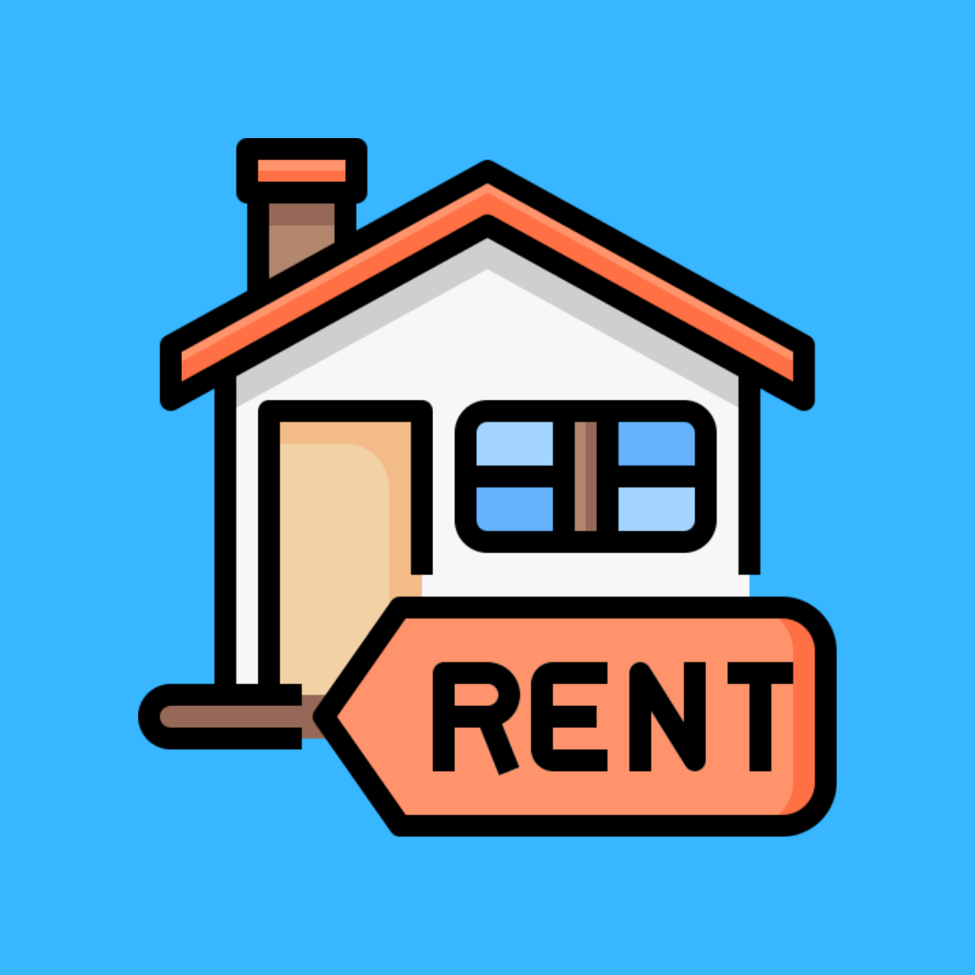Becoming a landlord might seem like a straightforward way to build wealth — buy a property, find a tenant, collect the rent. Simple, right? Not quite.
In reality, being a successful landlord means running a small business. It requires systems, strategy, and a serious time investment. Whether you’re renting out a condo in downtown Toronto or a duplex in the suburbs, here’s what you need to know before you dive in.
The Skills Every Landlord Needs
Successful landlords wear a lot of hats. You’ll need:
1. Financial Management Skills
Budgeting and planning for cash flow
Understanding market rent and vacancy trends
Basic bookkeeping and accounting
Tax planning and expense tracking
2. Property Maintenance Know-How
Knowing how to assess repair urgency
Understanding preventative maintenance
Having a reliable contractor network
Coordinating vendors efficiently
3. People Skills
Screening tenants effectively
Communicating clearly and respectfully
Navigating conflict resolution
Negotiating lease terms
4. Legal Knowledge
Familiarity with Ontario’s Residential Tenancies Act
Understanding landlord and tenant rights
Keeping documentation and records up to date
Related: Ontario Residential Tenancies Act
A Landlord’s Job Description
Daily (as needed):
Respond to tenant inquiries
Handle emergency maintenance requests
Process rent payments
Coordinate any urgent repairs
Monthly:
Collect rent and pay property-related bills
Reconcile and track expenses
Schedule routine maintenance
Annually:
Conduct property inspections
File taxes and prepare year-end reports
Review and update lease agreements
Assess current rental rates and apply increases if applicable
Plan larger maintenance projects or renovations
Perform HVAC servicing (spring and fall)
Review insurance policies and vendor contracts
Update tenant records and emergency contacts
When Tenants Move Out
Tenant turnover comes with its own to-do list. If you’re managing it yourself instead of hiring a REALTOR or property manager, here’s what to expect:
Before listing:
Photograph and market the property
Schedule and host showings
Screen applicants
Prepare and sign a new lease
Between tenants:
Conduct move-in and move-out inspections
Return or apply the security deposit as required
Deep clean the unit
Complete necessary repairs
Transfer utilities (if applicable)
Notify building management (in condos)
Responsibilities by Property Type
In Ontario, landlords are responsible for both interior and exterior maintenance — even in condos. Here’s a breakdown of what that typically includes:
Exterior Maintenance (houses and some townhomes):
Lawn care and landscaping
Snow removal
Roof maintenance and exterior painting
Gutter cleaning
System Maintenance:
Regular HVAC service
Water heater and plumbing checks
Electrical system upkeep
Pest control
Garbage and recycling management
Condo-Specific Responsibilities:
Understanding and enforcing condo rules
Coordinating with property management for shared space issues
Managing key fob or access card distribution
Reporting building maintenance needs
The Bottom Line
Being a landlord is a job. Whether you’re managing one unit or a portfolio of rentals, success depends on treating it like the business it is. That means creating systems, staying informed, and building a network of professionals to support you.
If you want to own an investment property but aren’t ready for the day-to-day responsibilities, consider hiring a professional property manager to take care of it for you.
Need help deciding if landlording is right for you? Let’s talk. We’ll walk you through your options, from turnkey investments to full-service property management.

